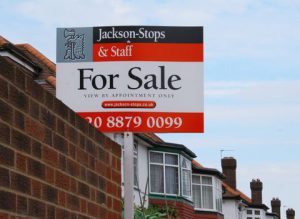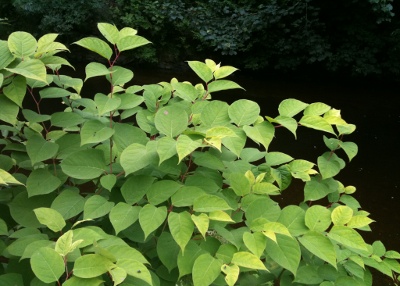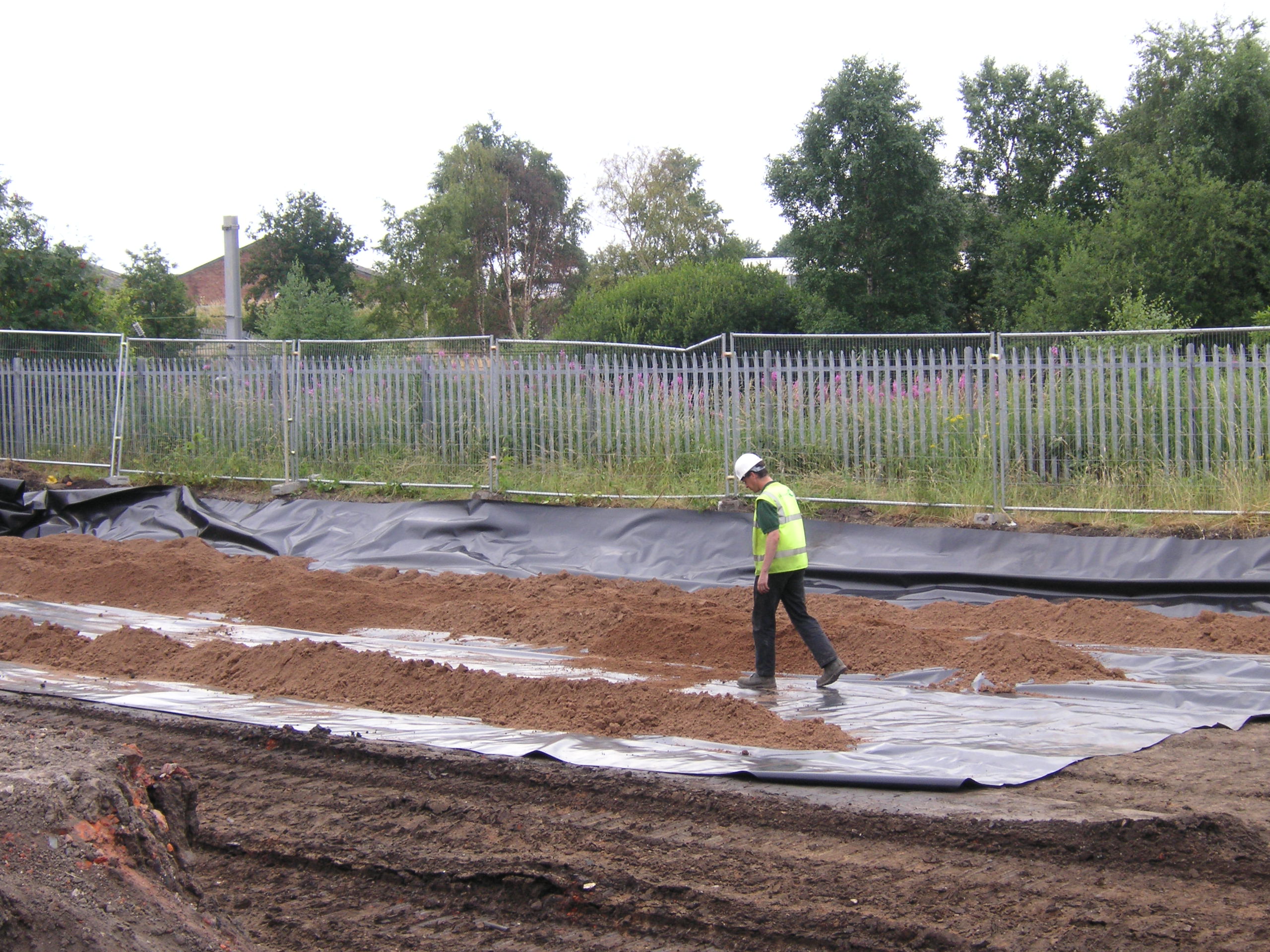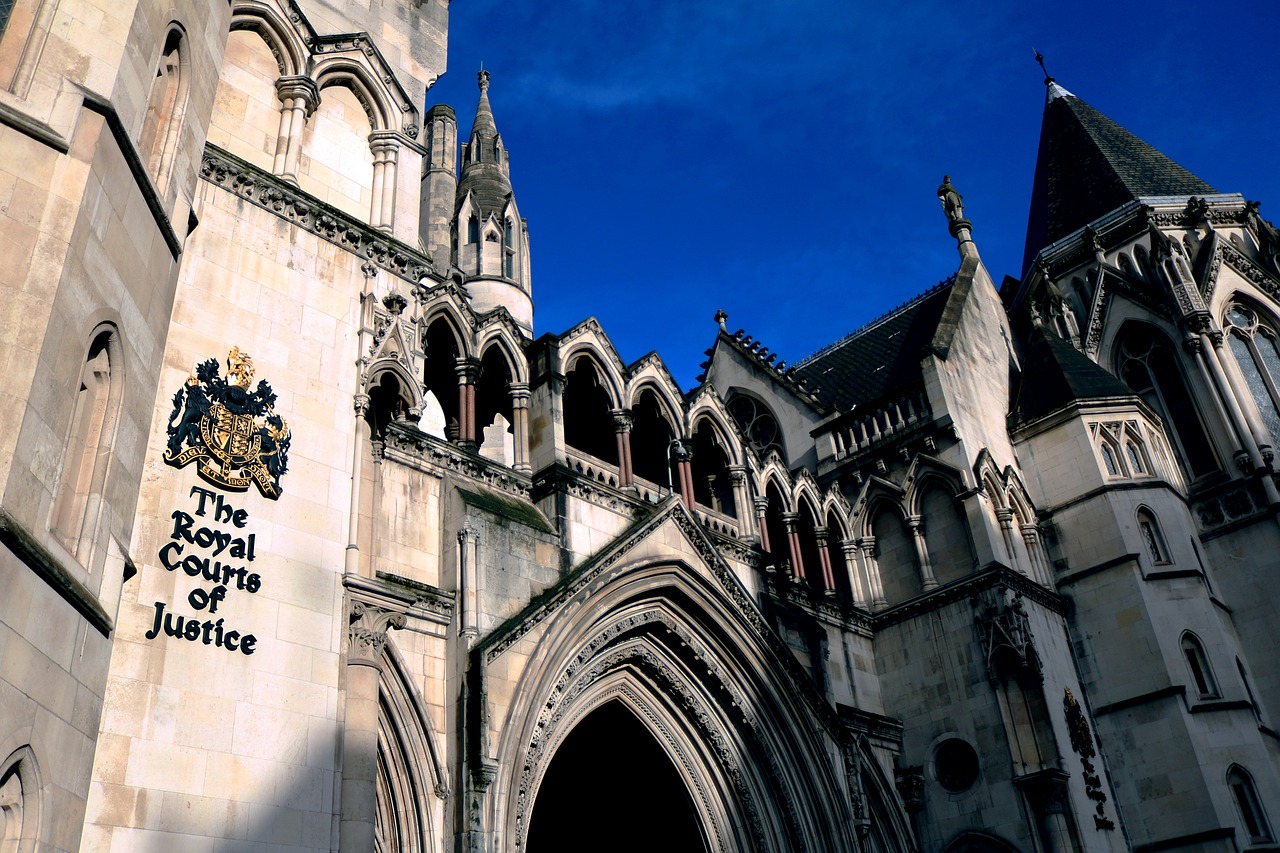Should I Buy a House with Japanese Knotweed?
06-05-2016
Last updated 10-07-2024
 Should I buy a house with Japanese knotweed?
Should I buy a house with Japanese knotweed?
As long as you enter the transaction with your eyes open to the risks posed by knotweed and as long as it is possible to treat it, you should be fine buying a knotweed-affected property. The risks can usually be managed, and knotweed can usually be effectively treated.
Many of the damaging properties of knotweed are wildly exaggerated in the media and this adverse press coverage has resulted in significant property-blight effects being caused. Essentially, if you were to compare two hypothetical properties that were identical in every way except for one being affected by Japanese knotweed, a prospective purchaser would always choose the knotweed-free property.
The cost of this choice, and hence the diminution in value caused to the knotweed-affected property is very difficult to quantify, but as our homes are usually the most expensive purchases we ever make, it can be hugely significant. Figures of between 5% and 20% of a property’s value can be sloughed off in this way, potentially hitting a vendor for several tens of thousands of pounds that they were not prepared to lose.
As these large and unexpected costs can affect all those involved in a property transaction process, the claims for damages where people lose out are fuelling an active and growing litigation market. Valuation surveyors are now being sued for failing to consider knotweed impacts on the properties they survey.
Vendors are being sued for not identifying knotweed as a costly defect, and existing homeowners are being lumbered with large reductions in the value of their properties caused by knotweed located on their neighbours’ properties (from who they can then pursue compensatory damages). Much of this seems very unfair. However, most solutions to treat knotweed are relatively cheap and consequently represent huge value for money when compared to the large diminution in value costs they can save.
A herbicide treatment over several years can be less than a few thousand pounds. More immediate solutions might be required if a site needs to be remediated ahead of development or if significant knotweed growth affects one’s enjoyment of their property; but even so, the higher costs for these more immediate solutions, such as excavation and burial, are often significantly cheaper than the diminution in value impact.
There are of course other legal reasons for homeowners, buyers or property developers to be aware of knotweed; these include risks of fines, serving of Community Protection Notices (‘ASBO’s) or Species Protection Orders, and potentially criminal prosecution. Although the physical effect on property of Japanese knotweed is often misrepresented, the perceived effects and legal risks often result in significant problems for many people.
Can you get a mortgage with Japanese knotweed?
Yes, you can.
You will most likely need an appropriately experienced and qualified contractor to provide appropriate guarantees for effective treatment of the knotweed. This is a requirement of most lenders who offer mortgage finance on knotweed affected properties.
Do estate agents have to disclose Japanese knotweed?
It is not for an estate agent to disclose the presence of knotweed on a property they are marketing for a vendor. However, most estate agents will ask vendors to complete a property information form that includes a question about the presence of knotweed on the property they are selling.
Do sellers have to disclose knotweed?
Sellers should complete a property information form (the TA6) that has a question about the presence of knotweed that might affect their property. If a seller knows their property is affected by knotweed but they do not disclose this to the buyer, this could be deemed an issue of misrepresentation, which could result in costly legal action being brought against them.
How do surveyors check for Japanese knotweed?
Most Japanese knotweed surveys will look for visible evidence of knotweed above ground. What they are looking for will depend on the time of year. In winter, when stems die back, the crowns and dead canes are usually still visible. Sometimes, an intrusive survey will involve digging trial pits in the ground to look for deep pieces of rhizome (roots).
Will a homebuyers survey pick up Japanese knotweed?
A homebuyers survey should, in most cases, pick up the presence of knotweed at a property. However, if the knotweed is located on parts of a property that are not reasonably accessible or visible, then it might not be noticed. The presence of knotweed can be hidden if recent disturbance outside the growing season has removed above ground evidence. Similarly, if there are recent structures covering the knotweed, such as buildings or a laid lawn, then knotweed won’t be visible. A covering of snow could also occlude crowns and buds if there are no canes sticking through it.
Is it hard to sell a house with Japanese knotweed?
In most cases, as long as there is an effective knotweed management plan put in place by an appropriately experienced and qualified contractor and appropriate guarantees are in place, there should be no significant problem in selling a knotweed affected property. However, as with many other issues that affect peoples’ purchasing decisions, there will always be some particularly risk averse people who are put off by the spectre of knotweed affecting a property – no matter how effectively it is being treated.
Do you legally have to remove Japanese knotweed?
The law requires that you do not cause knotweed to spread into the wild. There are also legal provisions for actions to be taken against antisocial neighbours who cause a continuing nuisance if the effect of knotweed on others is their responsibility. However, litigation under the civil law of private nuisance is increasingly the main legal mechanism affecting people who are liable for knotweed affecting others. So, it is not illegal to have knotweed on your land, and you are not legally obliged to remove it; but if you don’t, you could have legal action taken against you.
Should I cut down Japanese knotweed?
Cutting down knotweed in the growing season will reduce the amount of stems and foliage available to absorb herbicide, if it is treated in this way. This can lengthen the time it takes to effectively control it. However, if that is of less concern than the visual impact the tall stems create, then it is fine to cut it down. But if you are cutting it down then you probably want rid of it quickly, so the best solution in that case would be to excavate and appropriately dispose of it using an appropriately experienced and qualified contractor. Cutting down the dead canes in winter is fine, but you should be careful how you move and dispose of them as they can carry pieces of live rhizome with them that can regrow in new locations.
What is the 7 metre rule for Japanese knotweed?
As a rule of thumb, and erring on the side of caution, it was recommended that a radius of 7m around a stand of knotweed stems should be considered the area where live rhizomes could be present. This was referred to as the ‘7m rule’. However, recent guidance and research suggests that this distance is the exception rather than the rule, and a ‘3m rule’, or thereabouts, is now more usually referred to as a sufficient radius.
Does Japanese knotweed affect house insurance?
The presence of Japanese knotweed should not directly affect the cost of house insurance because most providers exclude it from coverage and will not pay out on any damage it causes. It is therefore important to have an effective knotweed management plan in place to treat any knotweed that affects a property and to have the treatment work covered by appropriate guarantees.
It is therefore essential that any knotweed treatment is carried out by a suitably qualified company like Phlorum. Our credentials speak for themselves; we helped produce the Royal Institution of Chartered Surveyor’s knotweed guidance and were instrumental in establishing a trade body to satisfy mortgage lenders’ knotweed risk requirements.
We offer a wealth of Japanese knotweed services, including Japanese knotweed eradication from domestic and commercial premises
We offer free consultations for anyone affected by Japanese knotweed.
Please call us on our Freephone number 0808 168 9540 or email us directly from our Contact Us page. Alternatively, if you think you might be affected by Japanese knotweed growth, take some photos of the suspect plants and we’ll identify whether or not it’s knotweed completely free of charge.



